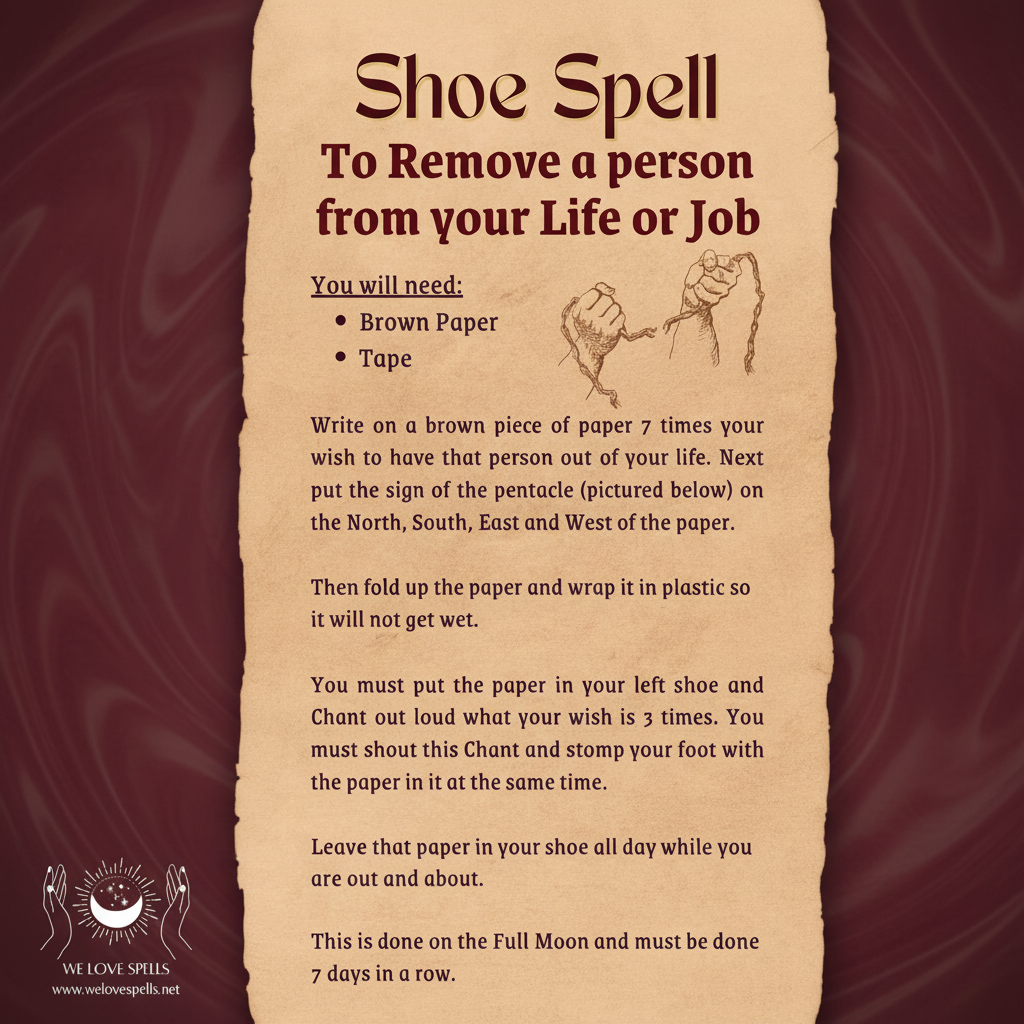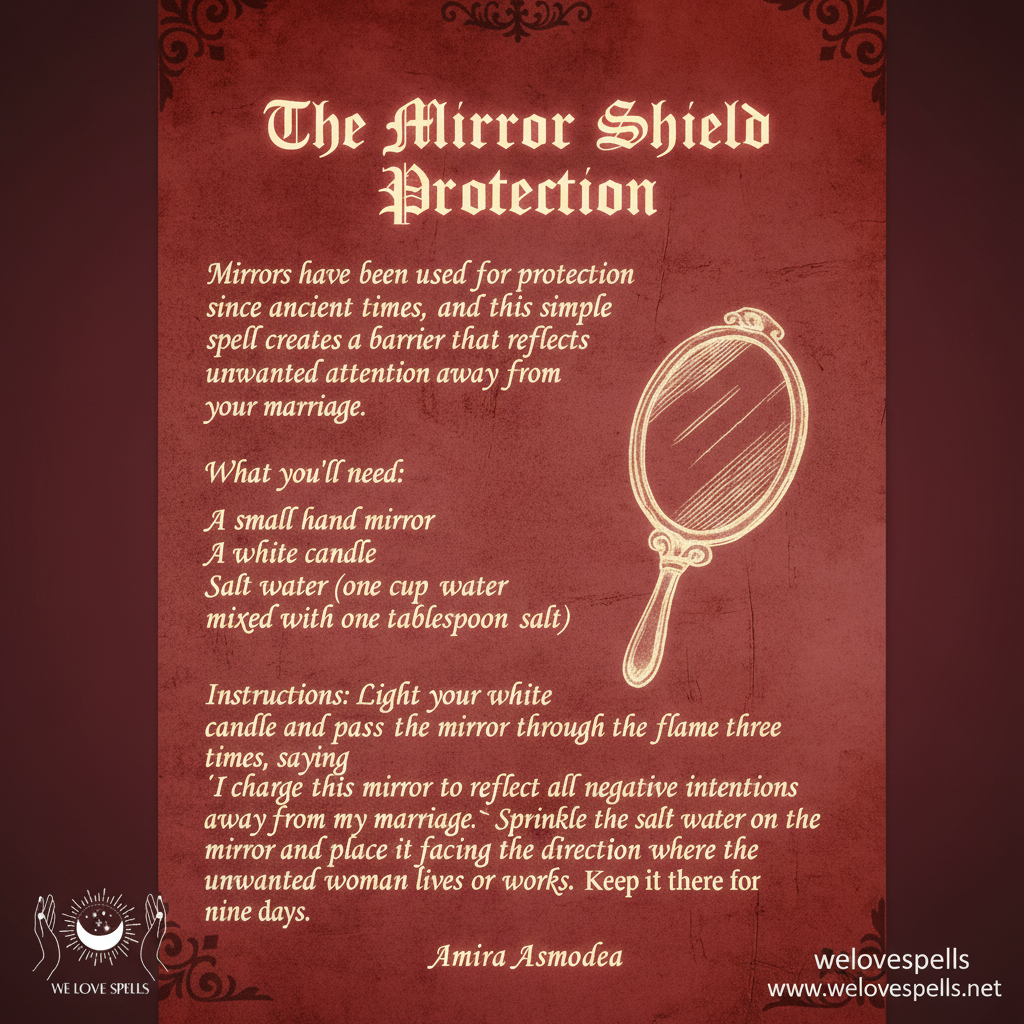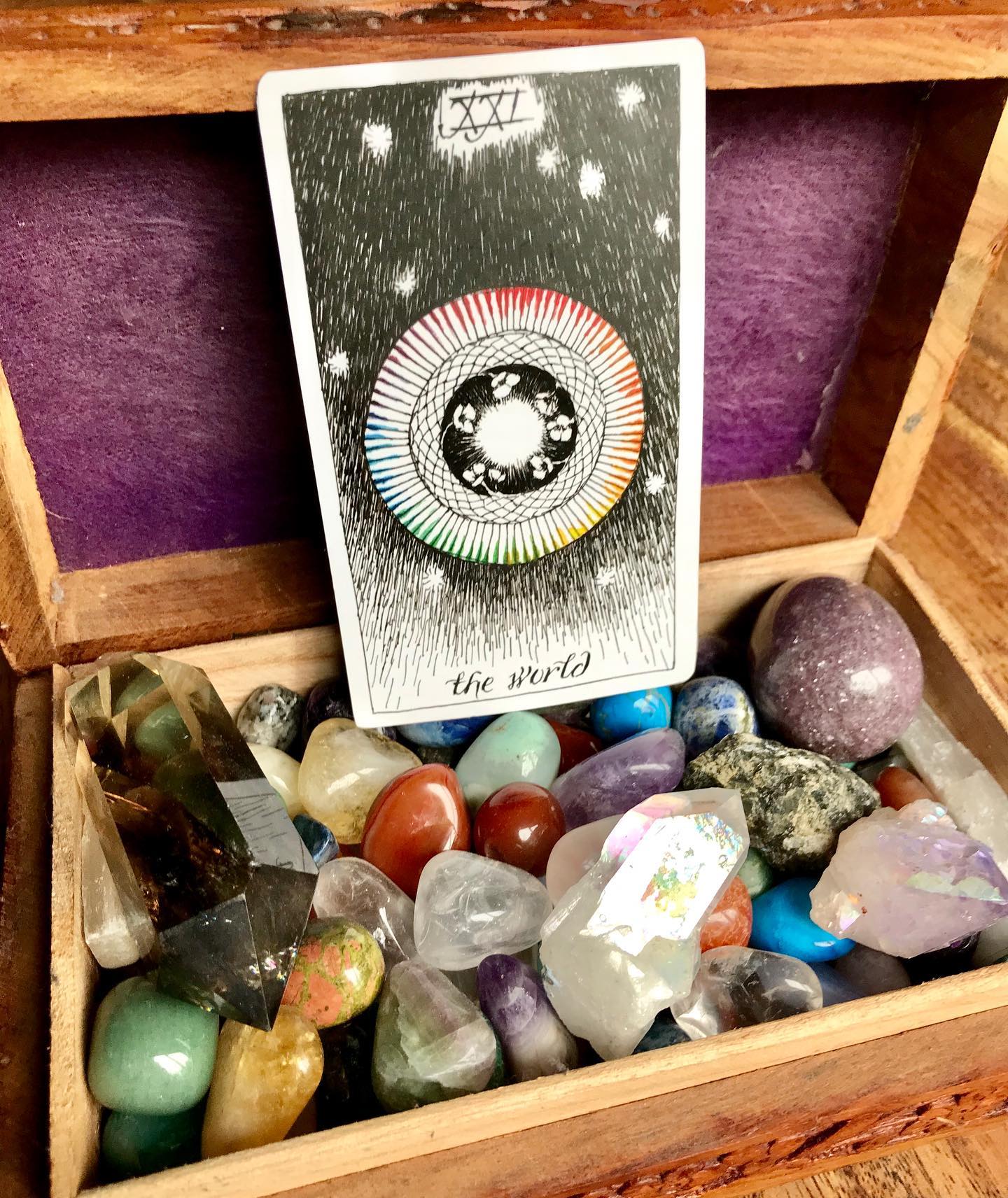Is Witchcraft Real?
How Do Love Spells Work?
- Witchcraft is real as a practice that aligns intention, energy, and ritual to influence outcomes like love, healing, and protection.
- Love spells focus your desire through symbols (candles, herbs, moon cycles) and ethical intention to attract, reconcile, or deepen relationships.
- Results vary with clarity of intention, consistency, and the skill of the practitioner—simple rituals can be powerful.
- Safe and legal when practiced positively; modern witchcraft emphasizes compassion, consent, and natural law.
- Start now with a 5-step candle intention ritual below or shop real love spells that work from verified casters.
Is Witchcraft Real? Separating Magical Fact from Fiction
Have you ever paused to wonder: Is witchcraft actually real? Whether you’re a curious skeptic, an aspiring practitioner, or someone searching for real change in love and life, you’re not alone.
The truth about witchcraft is often buried under myths and media. Here, you’ll discover what’s real, how it works, and how authentic spellwork can support your goals—especially in love and reconciliation.
Ready to experience results? Shop real love spells that work today or get your spell cast by experienced, verified spell casters.

What Is Real Witchcraft?
Witchcraft is both an ancient magical practice and a modern spiritual path. At its core, it’s the art of harnessing energy and intention through ritual—anything from a cleansing bath to a moonlit candle ceremony for love or healing.
If you’ve ever used a symbolic act to restore balance, invite love, or focus your goals, you’ve already experienced a touch of real magic.
How and Why Does Witchcraft Work?
Real witchcraft aligns your intention with universal energies. To a witch, a salt bath, incense, or candlelight isn’t just soothing—it’s a way to focus energy toward a desired outcome: peace, attraction, reconciliation, or protection.
As practitioners deepen their skill, the work becomes more transformative. With clarity, ethics, and consistency, dramatic shifts are possible—like rekindling lost love, healing relationships, or calling in well‑being.
Success Stories from Real Clients
“I never really believed in spells until I tried a forgive-me ritual. Within days, my partner and I were talking again after months apart. The energy shift was undeniable—thank you for bringing real magic into my life!”
“After so many failed attempts to get my ex back, the tailored love work brought her home—and our connection is stronger than ever. I’m a believer now!”
“Your reconciliation work gave my relationship a second chance. I’m eternally grateful for the compassion and power you bring.”
Everyday Witchcraft vs. Magical Mastery
- Everyday magic: Candle rituals, herbal cleansing, energy focusing, self‑care rites, affirmations.
- Practical spellcasting: Attracting love, mending relationships with reconciliation spells, enhancing charisma, or drawing prosperity.
- Advanced witchcraft: Deep elemental work, ancestral traditions, and generational knowledge used to channel powerful, transformative forces.
Across history, dedicated practitioners have supported communities, guarded wisdom, and changed lives.

A Brief History: Witchcraft Through the Ages
Witchcraft isn’t a trend—it’s a living practice with thousands of years of tradition. From Egyptian priestesses to Celtic druids, Siberian shamans to Caribbean spiritualists, spellwork appears in nearly every culture.
Healers, wise women, and seers empowered their communities—often in the face of persecution. The 16th–17th century witch trials were especially dark, targeting many who were simply herbalists, midwives, and guardians of ancient knowledge.
Modern Witchcraft, Wicca, and Spiritual Magic
Today’s witchcraft blends ancient wisdom with mindful spirituality. Wicca and Paganism honor lunar cycles, seasons, and the elements to cultivate healing, growth, and harmony.
Modern rituals emphasize positivity and empowerment—not harm—making ethical magic accessible to anyone who approaches the craft with respect.
The True Power Behind Real Witchcraft: Intention
Intention is the heartbeat of every spell. Magic isn’t only words or candles—it’s the focused desire you pour into the universe.
Whether your aim is to call in a soulmate or deepen a bond, it’s intention that shapes results. Even science points to the power of belief and focus through meditation and the placebo effect—proof that mindset can shift reality. Try an Attraction Love Spell to align your energy with what you seek.
Debunking Witchcraft Myths and Misconceptions
- Witchcraft isn’t evil—ethical magic centers on love, growth, protection, and community well‑being.
- Consent and compassion matter. Harmful magic is discouraged in modern practice.
- Anyone can learn with curiosity, respect, and dedication.
Pop culture may glamorize witchcraft, but authentic practice is rooted in balance, responsibility, and natural law.
Is Witchcraft Legal and Safe?
In the 21st century, religious freedom laws in countries like the US and UK protect the practice of witchcraft. Most modern spellwork focuses on positive outcomes—love, protection, reconnection, and spiritual growth.
The Science and Psychology of Magic: Is There Proof?
While science hasn’t proven the supernatural, many studies show that ritual, belief, and meditation produce measurable psychological and physical benefits. The placebo effect demonstrates how expectation can shift outcomes—one of the secret engines behind many traditional spells.
Whether you view magic literally or metaphorically, the impact of ritual, mindset, and focused intention is real.
| Question | Answer |
|---|---|
| What is real witchcraft? | Ritual practices—simple to complex—that channel intent and natural forces for healing, balance, protection, and love. |
| Does witchcraft work? | Yes—intentional ritual can shift emotions, attract opportunities, and support reconciliation. |
| Is witchcraft always powerful? | Results depend on experience, clarity, consistency, and energy alignment. |
| Is witchcraft ancient or modern? | Both—rooted in global traditions yet highly relevant to modern life. |
| Is there evidence? | Global tradition, client outcomes, and the psychological impact of intention all support its effectiveness. |
The Universal Presence of Witchcraft Across Cultures
Witchcraft transcends borders and belief systems. From African rootwork and Caribbean traditions to Eastern shamanism and Western ceremonial magic, every culture shapes its own approach to ritual and energy.
This global presence suggests a deeply human urge to connect with forces beyond the visible—using them to invite love, healing, and destiny.
Modern Witchcraft’s Role in Self‑Empowerment
Contemporary spellwork is increasingly used for empowerment. Love spells, cleansing rituals, and manifestation techniques help people take an active role in steering relationships and life paths—offering grounding, clarity, and authentic connection.
Are Online Love Spells Real?
With the rise of the internet, more seekers find spells and guidance online. Choose reputable practitioners with transparent testimonials and ethical practices. Distance work can be highly effective when cast by experienced casters grounded in tradition.
How to Recognize Genuine Magic
Authentic magic often feels like inner alignment, unexpected blessings, or a positive shift in emotions. Real spells bring clarity, open doors, and help relationships heal. Trust your intuition—and choose reputable sources.
Can Witchcraft Help with More Than Love?
Absolutely. While love and reconciliation are popular, witchcraft also addresses protection, cleansing, prosperity, personal growth, and justice. To clear heavy energy, consider a focused Cleansing Spell.

How to Cast a Simple Candle Love Intention Ritual
This beginner‑friendly ritual helps you focus your energy on attracting loving connections or healing an existing bond.
- Prepare your space: Tidy up, ground yourself, and breathe deeply for a minute.
- Set your tools: A red or pink candle, a small paper, and a pen. Optional: rose quartz.
- Write your intention: Be specific and positive. Example: “Our love is rekindled with trust and warmth.”
- Light the candle: Visualize your intention as already real. Feel it in your heart.
- Seal the work: Fold the paper toward you, thank the universe, and let the candle burn safely or snuff it out—repeating nightly for 7 nights.
For tailored professional support, consider a focused Bring Back Lost Lover Love Spell or a compassionate Reconciliation Love Spell.
Prefer Guidance Before Casting?
Chat with a gifted reader to clarify timelines, obstacles, and optimal spell timing.
Frequently Asked Questions About Witchcraft
-
Is witchcraft real?
Yes—as a spiritual and practical system that uses ritual and intention to influence outcomes. Results vary by clarity, skill, and consistency. -
How do love spells work?
They focus energy and intention—often with candles, herbs, and timing—to attract, reconcile, or deepen bonds ethically and compassionately. -
Are love spells safe and ethical?
Ethical spellwork avoids harm and respects consent. Modern practitioners prioritize love, healing, and balance. -
How long do results take?
Some shifts are fast; others unfold over days or weeks. Consistency and aligned action help. -
Do I need special tools to start?
Not necessarily. Tools focus intention, but your mind and heart are the most important components.
More Helpful Questions
- Can I combine witchcraft with my religion? Yes—many blend magical practice with their spiritual path.
- Can witchcraft support self‑healing? Definitely—rituals for heart‑healing, self‑love, and cleansing are common.
- Do I need a teacher? Not required, but an experienced guide can speed progress and help avoid pitfalls.
- Is online spellcasting effective? Distance work is effective when performed by experienced, ethical casters.
- Which love spell should I choose? For attraction, try an Attraction Love Spell. For deepening commitment, consider a Love Binding Spell.
Take the next step: Buy love spells online from verified spell casters for clarity, healing, and real romantic change.
Embrace the Magic—Experience Real Change Today
Witchcraft is as real as your intention and belief. For those who practice wholeheartedly, spells can ignite transformation, invite love, heal hearts, and reveal paths once thought impossible.
Your story isn’t finished. If you’re seeking love, closure, or new beginnings, let time‑honored magic support you. Get your spell cast by the best spell casters and start your new chapter today.
About the Author
Belinda, Senior Spellcaster at WeLoveSpells, has over 20 years of experience in Wiccan and folk‑magic traditions, specializing in love, reconciliation, and protection work. She has guided thousands of clients with an ethical, heart‑centered approach rooted in natural law and ancestral practice.
🔴 Need Clarity on your Situation?



